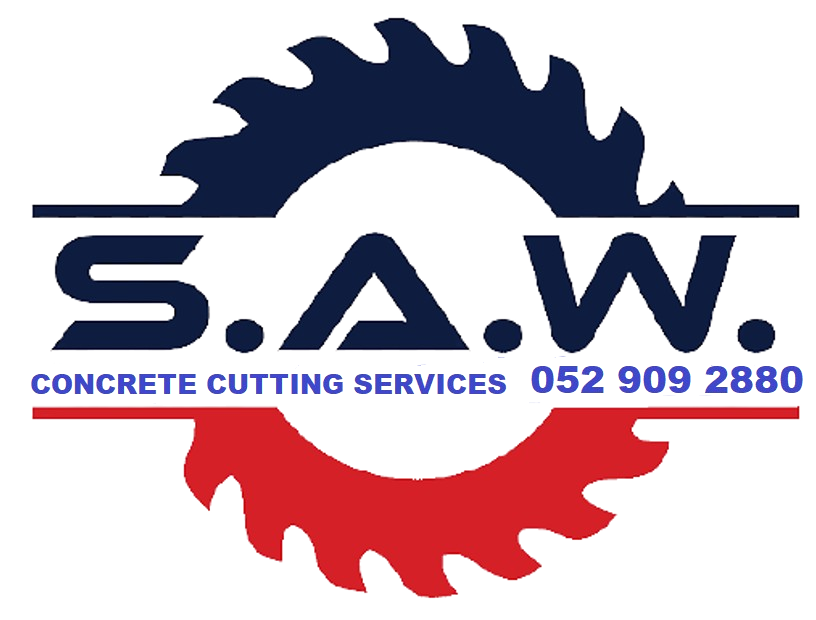Concrete Cutting Contractor with 2 in one works.
Concrete cutting contractor services refer to professional services provided by contractors who specialize in working with concrete.
These contractors have the expertise, skills, and equipment necessary to handle various concrete-related projects, ranging from small residential jobs to large-scale commercial and industrial projects. Here are some common concrete cutting contractor services:
Concrete Installation by Concrete Contractors:
Concrete contractors can handle the installation of new concrete structures such as driveways, sidewalks, patios, foundations, slabs, and parking lots. They will prepare the site, pour the concrete, and ensure proper curing and finishing.
Concrete Repair and Restoration:
Concrete contractors can repair and restore damaged or deteriorated concrete surfaces. This may involve fixing cracks, filling potholes, patching damaged areas, and restoring the structural integrity of concrete structures.
Concrete Flatwork:
Contractors specializing in flatwork can create smooth and level surfaces using concrete. This includes pouring and finishing concrete for floors, pathways, curbs, ramps, and other concrete cutting contractor flat surfaces.
Concrete Finishing:
Concrete contractors can provide various finishing techniques to enhance the appearance and durability of concrete surfaces. This may include decorative finishes, such as stamped or stained concrete, as well as polishing, epoxy coatings, and sealing.
Concrete Demolition:
Contractors can handle the demolition and removal of existing concrete structures. This involves breaking up and removing concrete slabs, walls, driveways, or any other concrete elements that need to be demolished.
Concrete Reinforcement:
Concrete contractors can reinforce concrete structures using steel or other materials to enhance their strength and durability. This may involve the installation of rebar, wire mesh, or fiber reinforcement to provide structural integrity.
Concrete Pumping: For large-scale projects or projects with limited access, concrete contractors may provide concrete pumping services. They use specialized equipment to pump and place concrete cutting contractor in hard-to-reach areas or at higher elevations.
Excavation and Site Preparation:
Concrete contractors may also offer excavation and site preparation services, which involve clearing the site, grading the land, and ensuring proper drainage before concrete installation.
Sealing: After polishing, it is common to apply a marble sealer to the surface. The sealer helps to protect the marble from staining and moisture penetration, ensuring the longevity of the polished finish. It acts as a barrier, making it easier to clean and maintain the surface in the future.
Marble polish products are available in various forms, including powders, creams, and sprays. These products contain specific ingredients, such as abrasive particles, polymers, and surfactants, that aid in the polishing process and provide a protective coating on the marble surface.
It’s important to note that marble polish should be used specifically for marble surfaces, as different stones have unique properties and may require different treatment methods. Additionally, professional marble polishing services are available for more extensive or complex restoration projects, ensuring optimal results and minimizing the risk of damage to the marble.
Concrete Cutting and Sawing: Contractors with specialized equipment can cut and saw concrete to create openings, expansion joints, or to modify existing structures. This may include cutting through walls, slabs, or pavement.
Concrete Testing and Inspection:
Some concrete contractors offer testing and inspection services to ensure the quality and compliance of concrete structures with industry standards and regulations. This may involve conducting tests for strength, durability, moisture content, or other concrete properties.
When hiring a concrete contractor, it’s important to ensure they are licensed, insured, and experienced in the specific type of project you need assistance with. Always ask for references and get detailed cost estimates and project timelines before proceeding.
Surface Preparation: Before polishing, the marble surface is thoroughly cleaned to remove any dirt, debris, or coatings that may be present. This ensures that the surface is free from contaminants that could interfere with the polishing process.
Honing: If the marble surface has scratches, etch marks, or uneven areas, honing may be necessary. Honing involves using specialized abrasives and polishing pads to gently grind down the surface, smoothing out imperfections and creating a uniform appearance.
Polishing: Once the surface is prepared, a marble polish compound is applied to the surface. This compound, often in the form of a paste or liquid, contains fine abrasives that help to buff and refine the marble surface. Polishing is typically done using a rotary machine with soft pads or by hand using a polishing cloth.


